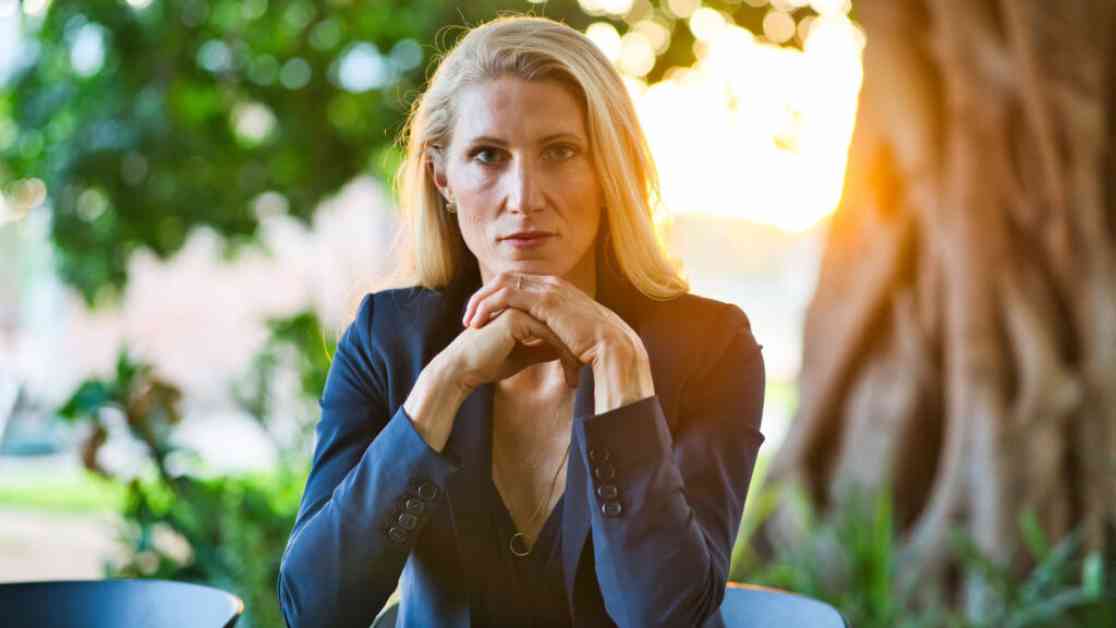Vanessa Kerry, a physician specializing in pulmonary and critical care, established Seed Global Health over a decade ago to address disparities in healthcare systems worldwide, particularly in countries with limited resources. In a recent interview with STAT, she emphasized that climate change is worsening these inequalities, and our failure to act urgently is exacerbating the crisis.
Seed Global Health focuses on training healthcare professionals in countries such as Sierra Leone, Malawi, Uganda, and Zambia to enhance their healthcare systems. By tackling challenges like high maternal and newborn mortality rates and inadequate emergency care services, the organization claims to have trained over 42,000 healthcare workers.
Vanessa Kerry highlighted the profound impact of this training, noting improvements in health outcomes, increased morale, and enhanced crisis response capabilities across the countries where they operate. She emphasized that building resilient health systems through training is crucial for effectively addressing the impacts of climate change on health.
In addition to her role as CEO of Seed Global Health, Kerry serves as the special envoy for climate change and health at the World Health Organization and the director of global and climate policy at the Harvard Chan School of Public Health. During the Milken Future of Health Summit, she discussed the challenges of advancing climate change mitigation under an administration that may deprioritize the issue and stressed the urgent need for healthcare systems to strengthen their resilience against extreme weather events.
Kerry shared insights about Seed Global Health’s mission, highlighting the organization’s focus on closing the healthcare gap in underserved communities by training healthcare workers. She emphasized the transformative power of human care in improving health outcomes and underlined the importance of investing in strong health systems.
Regarding the prioritization of vulnerable populations in climate change adaptation efforts, Kerry explained that the countries Seed Global Health operates in are among the most vulnerable to climate change impacts. By building emergency medicine capabilities and training healthcare workers, the organization aims to reduce preventable deaths and ensure that vulnerable individuals receive the care they need.
Kerry also addressed the human security implications of climate change, emphasizing the health risks posed by rising disease burdens, extreme weather events, and mental health impacts. She highlighted the economic consequences of climate change on productivity and underscored the urgent need to address climate change as a global security issue.
Despite potential deprioritization of climate change under certain administrations, Kerry expressed confidence in the resilience and adaptation efforts that will continue at a national level. She stressed the importance of protecting the healthcare workforce, investing in training, and building facilities that are resilient to extreme weather events to ensure effective responses to health crises.
In conclusion, Vanessa Kerry’s work with Seed Global Health underscores the critical importance of building resilient healthcare systems to address the impacts of climate change on health. By focusing on training healthcare workers, strengthening health systems, and prioritizing vulnerable populations, organizations like Seed Global Health play a vital role in mitigating the health effects of climate change and promoting human security.


















